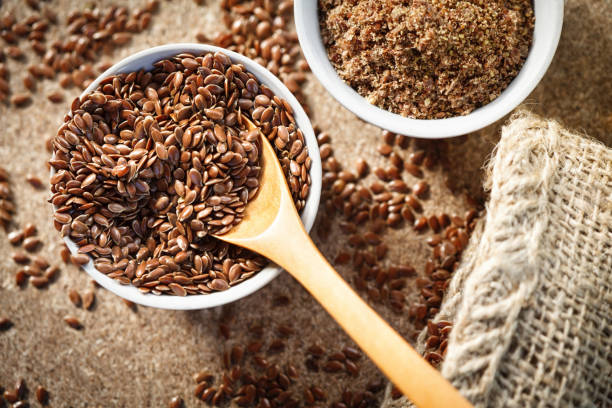
Six Natural Laxatives
A recent Gut Foundation survey of 1,300 Australian women, aged between 18 and 50, found 66% reported periodic constipation, and as many as one in five people over the age of 30 experienced constipation at some time in their lives.
Amongst many personal reasons given for bouts of constipation, the two most common reasons were:
Lifestyle
Lack of exercise due to physical or other limitations (people who exercise regularly generally don't develop constipation).
Medication
Many pharmaceutical preparations taken to treat a particular affliction often cause constipation as a side effect. This is especially serious for patients confined to a bed or a wheelchair.
Natural remedies
Before any laxative can be effective you must have sufficient water in the system. Water is essential to your body's natural functions. If you don't drink sufficient water, the stools in the large intestine will be hard and difficult to pass.
Eat High Fibre Foods
Typically, adults eat a low fibre diet. One of the best ways to increase fibre is to eat lots of fruit and vegetables, but there are some special high fibre foods that work more effectively such as:
Flaxseed, especially 'flaxseed meal', with 35% fibre flaxseed meal is a great source of soluble fibre that is very effective as a laxative.
Prunes and Figs Whilst we generally think about prunes as a laxative, we should not forget figs – especially dried figs. Depending on the length of time one is constipated, the 'dose' can vary from one to three a day.
Kiwi Fruit is another source of fibre with three a day being recommended.
Psyllium husks from the seeds of a grass like plant grown in India are a rich source of fibre. Psyllium is a soluble fiber used primarily as a gentle bulk-forming laxative in products such as Metamucil.
Senna is a shrub that grows in Africa, India, and some other parts of the world. For centuries, senna leaves and fruit have been a folk remedy for constipation. Senna is usually presented in tablet form and is regulated in Australia by the TGA. The active ingredients are senosides which stimulate the bowel lining.
Take Home Message
The truth is that constipation will often respond to a high-fibre diet, plentiful fluid consumption, and exercise. This fact is well accepted and should be the first treatment of constipation followed by the other natural remedies mentioned above.
Geoff

